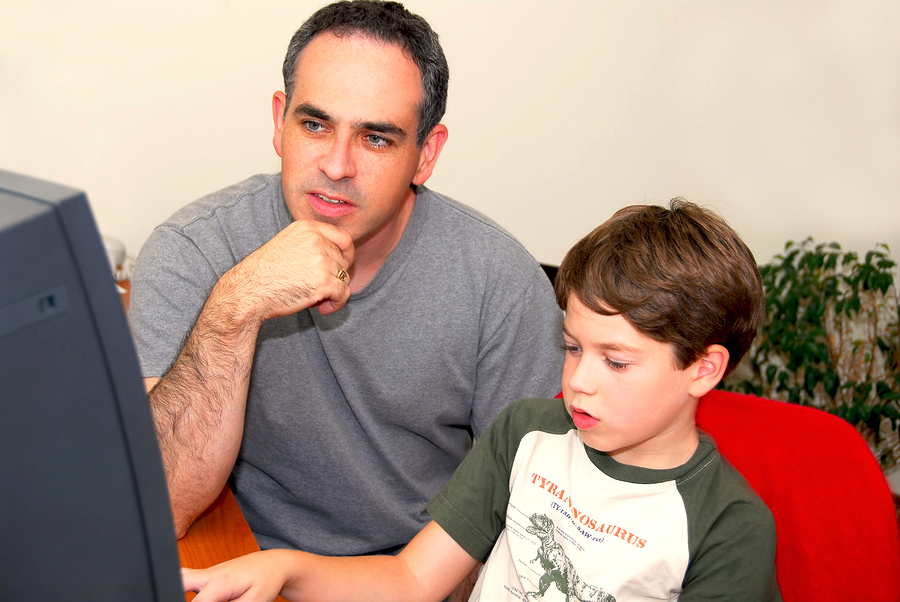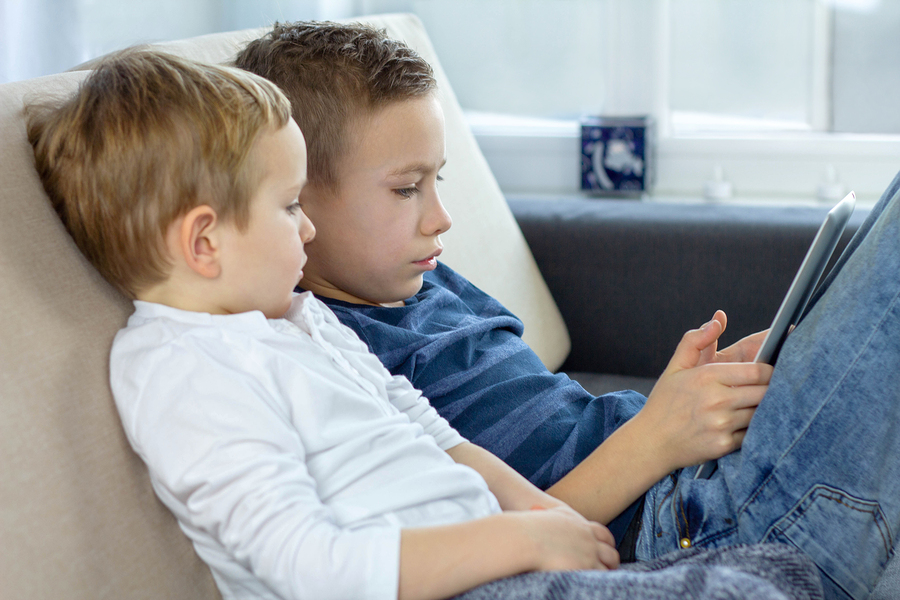These days, it is so easy for young children to gain access to the internet and begin exploring. Naturally, this presents a variety of privacy and security concerns for parents and their children. If young kids are afforded unmonitored internet access, they could come across strange and disturbing content, which could be violent or sexual in nature.
Indeed, some children even experience cyberbully from friends or strangers, while some even receive anonymous messages from strangers or perverse content inciting violence or inappropriate activity. As a result, it is very important that your kids are taught about online safety and how to be cautious when browsing the web.
Who is responsible? The school or the parents?
When it comes to kids and online safety, there is a contentious, ongoing debate about where the responsibility for this protection lies. Some commentators believe that online education lies with the school system, while others contend that the primary onus is on the parents.

However, Margrith Appleby, the General Manager of ANZ, believes the onus lies with both parties, reflected in a global survey from Kasperksy, claiming that “It does take a village to raise a child. Schools and society do shape and mould a child’s future. However, while the ecosystem plays an important role in raising a child, 86% of the global survey believe that parents are better positioned to educate their children on cyber safety as kids trust them more. That is something as parents we need to remember.”
The importance of setting standards
It’s important that you clearly communicate to your children what they can and can’t do online. These conversations need to start at an early age. There’s no point waiting until after something bad happens for you to start madly setting strict rules and guidelines. Ensure that the parental controls are enabled on all browsers, as this will prevent your children gaining any access to inappropriate sites (like porn websites, violent websites etc.).
Additionally, it’s important that you make it clear why these standards are important and that you have your kids’ best interests at heart. Make sure they feel like the rules are fair and not unreasonable. If you keep an open dialogue with your kids about using the internet, they are more likely to come to you if they have an internet-related problem.
Encourage them to speak up
Children get into trouble all the time when they hop onto the internet. Let’s face it, they don’t really know how to use the internet at an early age, so they are going to make mistakes. What is crucial is that you create an environment where your kids feel comfortable revealing their problems to you.

If they make a mistake online, like reveal personal information about themselves to a stranger, then you want them coming to you. The last thing you want is for them to keep it from you and tell no one. It’s also valuable to keep in mind that many kids accidentally come across bad sites and don’t always intentionally go looking for trouble.
Tell them to keep private information private
One of the most important pieces of advice to give your children is about maintaining the privacy of their personal information. They should never give out their full name, address or school, as this can be used by suspect individuals to track them. They should never add anyone they don’t know on Skype or accept any video calls from random people. Instead, tell them to pick a fun nickname, as this will help hide their identity from strangers.
Social media conduct
Furthermore, your children should be careful and cautious when using social media platforms, like Facebook, Snapchat and other messaging services. Make sure that your kids’ social media profiles are private (meaning people can’t just view their profile publicly or add them without a message of consent).
In addition, your kids should only be talking to people they know and trust. As a parent, if you create an open and transparent environment, your children will feel safe coming to you if they receive a message from someone they do not know.
Tell them to think before clicking “send”
A great adage to tell your kids is to “think before sending.” Sending nude photographs or potentially violent, illegal content over the web is something your children cannot do. The last thing you want is your kids getting in trouble with the authorities, whether it be for sending an unsolicited nude photograph, cyberbullying or sending threatening messages to other online users.
The same thing applies if they receive unsolicited content from a stranger. If they feel comfortable telling you these things, this a good sign because it means your children trust you with sensitive information.
At the end of the day, you want your kids to be safe when using the internet. As a parent, you should be monitoring how your kids use the web and build in protections to ensure your loved ones remain safe and secure.


